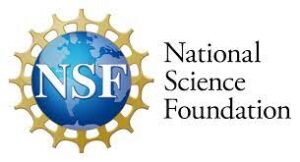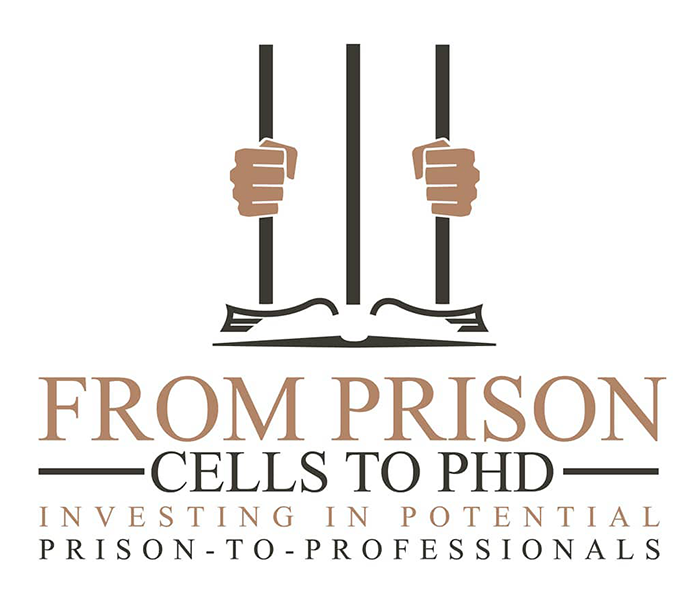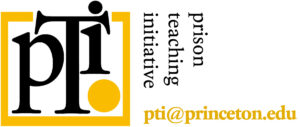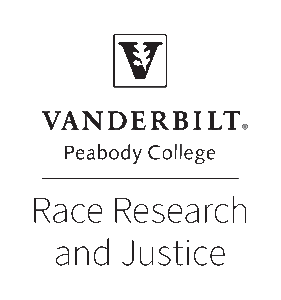Unlocking Potential: Basia Skudrzyk and the STEM-OPS Journey
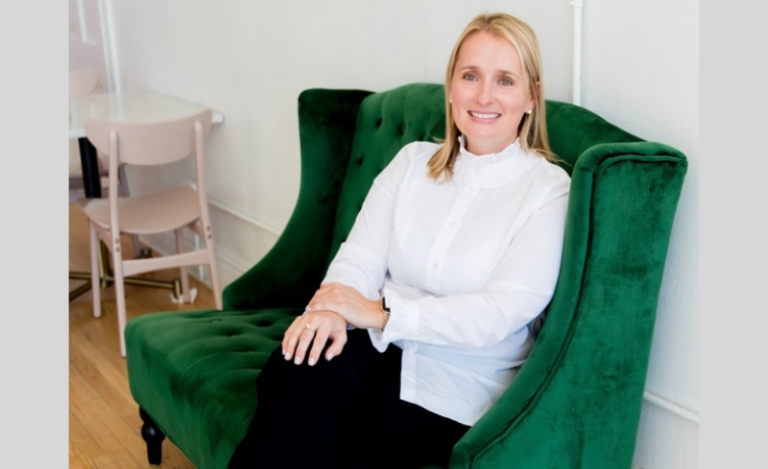
Author: Basia Skudrzyk, Principal Investigator (PI), NSF Eddie Bernice Johnson INCLUDES Alliance STEM Opportunities in Prison Settings (STEM-OPS)
My name is Basia Skudrzyk, and it is an honor to introduce myself to this community as the new principal investigator (PI) of the grant formally titled, NSF Eddie Bernice Johnson INCLUDES Alliance STEM Opportunities in Prison Settings (STEM-OPS). One objective for myself in this role is to continue to build a societal awareness of the need for justice-impacted people to be better understood and to attain success in their personal and professional journeys. I would like to sincerely thank the entire STEM-OPS Executive Committee and National Science Foundation (NSF) for their support and belief in me as I assume this new leadership role.
Please allow me to share some background about myself and my commitment to this opportunity. I have been engaged with STEM-OPS as the director of its Executive Committee and with From Prison Cells to PhD (P2P) as its workforce equity director. I’m currently pursuing my doctoral studies at the University of Missouri–St. Louis in business administration focusing on supply chain management and food security. These opportunities have also led to working with remarkable institutions like Imperial College, NASA, Jobs for the Future, and CSCMP. I am a justice-impacted woman and mother of two. My thinking has evolved from seeing education as a series of episodes (elementary, middle, high school, college, graduate school) marked by subject proficiencies and graduation rates–to one focused on scaffolds that lead to lifelong success, sustainability, impactability, and happiness.
My experience as a justice-involved educator has provided a perspective that demonstrates the success of a system that fuses education and a solid support network. Individuals who feel lesser due to their justice-impacted circumstances can find freedom and create an identity. We are not less than; we are more than. We are people who have persevered through unimaginable challenges and found a commitment to do better and create a path for others to follow. Our network is focused on systems change and humanizing traumatic experiences. Our NSF-supported STEM-OPS INCLUDES Alliance provides the opportunity to create an educational framework and tools for justice-impacted people to succeed. It also better informs society about the unfortunate realities and culture of life inside carceral spaces and after reentry.
Post-incarceration does not bring things back to “normal.” Incarceration is life-changing. The closest parallel for someone who is not justice-impacted may be the confusion of navigating the heightened chaos of COVID. The world as people knew it changed in every aspect. The post-effects of the pandemic have now changed how people behave within their personal and professional systems. People who had support systems and access to resources were better positioned to be able to pivot and navigate the uncertainty (and misinformation). For those less prepared, the pandemic brought a level of stress and confusion that developed for many into despair and loss. Like the struggles of the pandemic, incarceration impacts not only the affected individual but also their families and friends with unspoken variables and challenges. At a time when the support of the community is essential, these justice-impacted members of society are left at times misunderstood and stigmatized. This is where the availability of education and exposure to a community of people with lived experiences is essential. Criminal justice reform advocate Glenn E. Martin said, “Those closest to the problem are closest to the solution.”
The success of my reentry has been due to support from my family, friends, supportive network, and the education I have been privileged with. P2P saw the potential in me that I did not see in myself. My pathway started to bring new opportunities due to the support and education that was offered to me under the leadership of remarkable individuals and change agents within STEM-OPS. As the new PI of STEM-OPS, I am working with our team to create a new strategic framework in which we hope to answer questions such as:
- What has our greatest impact been, and how have we measured it?
- What does STEM-OPS need in the next 10 years?
- As we emerge from a pandemic that has shed greater light on the need for innovation and equity of access and participation in education and the economy, what are both the opportunities and challenges that come with that?
Consider what’s been achieved by our justice-involved scholars, colleagues, and partners over the first five years of the program. We are working with NSF through the INCLUDES grant, departments of correction, and other networks and programs to find ways to invest in people through STEM education in prison settings. This ultimately transfers to sustainable and meaningful workforce opportunities, safety, and economic growth of communities. There are evident barriers within society that prohibit justice-involved people from reaching their fullest potential. Through our work, we are providing the research and necessary data to share with policymakers and society to ultimately lessen restrictions if not break these barriers. Our efforts demonstrate that understanding, inclusion, and education—not fear and bias—allow people to succeed. Continual engagement with educators within our Alliance allows for innovative learning experiences to be provided to justice-involved people. P2P, Princeton’s Prison Teaching Initiative, Operation Restoration, Vanderbilt’s Institute for Race Research and Justice, and Education Development Center have grounded our work in learning sciences research. Their current studies conducted at schools explore emerging areas like artificial intelligence, computational thinking, food security, astrophysics, supply chain, and more. We are improving education outcomes with innovative thinking. Creating opportunities for the learners most often excluded from full participation in our global economy (including low-income learners, rural learners, women, and Black, Indigenous, and Latino learners) needs to be maintained as a priority.
The following three goals do not focus on the future of just STEM-OPS but, rather, on what we want to see in the world in the next decade. As a team, we will work to ensure the following for historically and systematically excluded scholars in America by 2033:
- Seventy-five percent of historically and systematically excluded learners in America are learning in education systems with the knowledge and tools to create the conditions for them and their families to succeed.
- Eighty million historically and systematically excluded learners have sustained meaningful experiences of powerful learning, putting them on a path to academic completion through educational pathways they select for themselves whether it is traditional 4-year college and post-graduate degrees or new learning pathways that allow scholars to learn and work within STEM fields.
- Eighty million historically and systematically excluded scholars are enabled to achieve postsecondary credentials that offer economic security, well-being, identity, and agency.
Our new strategic approach emphasizes building on our existing strengths and relationships to achieve greater outcomes for all people, especially those who have been excluded from full participation in the system. This focus on the transformation of education directly addresses learners at the systems level and considers the impact on their communities and environments. This will, in turn, create more equitable educational experiences that help prepare all people for lifelong success.
Bold solutions are needed to meet the challenges and opportunities we face in a world dramatically altered by a global pandemic, war, and continued rising carceral rates in the United States. As leaders of STEM-OPS, we are determined to go further into our new strategic goals and share how we plan to measure and achieve them. Our commitment to innovation, research, sustainability, and technology-driven solutions has been unwavering. The world is rapidly evolving, and we must evolve with it. I look forward to working with everyone and making a positive impact on our world.
____
Please take 1 minute to fill out this survey about how this blog post may have influenced you or helped you learn new information. Your response will help STEM-OPS learn about our shared impact on messages about people impacted by incarceration and help us improve our approach to changing societal narratives.

